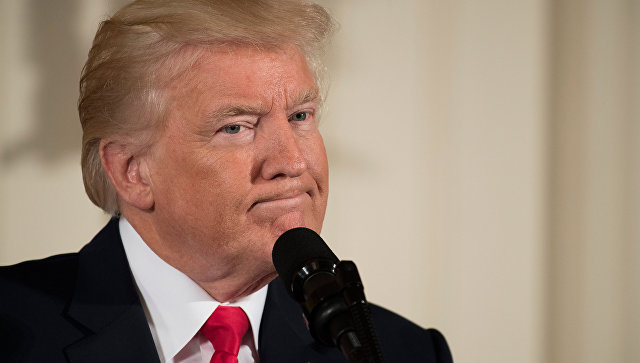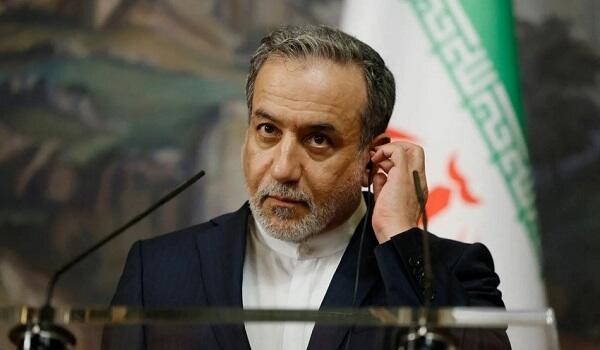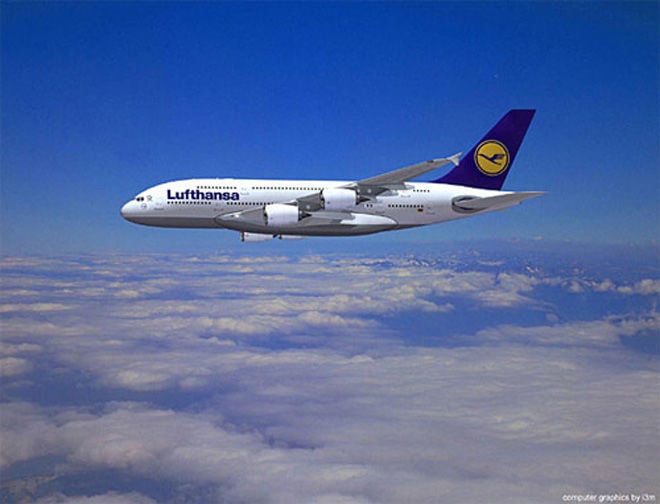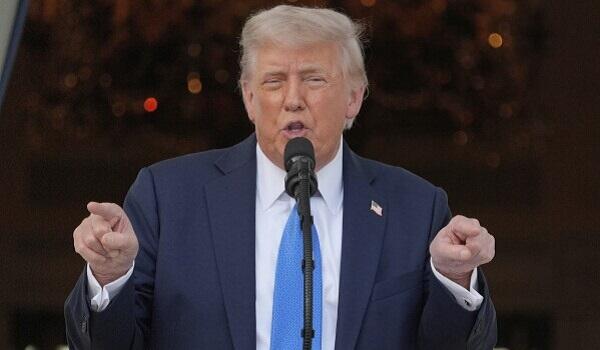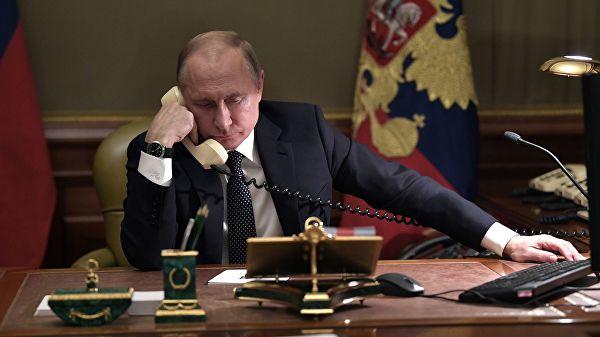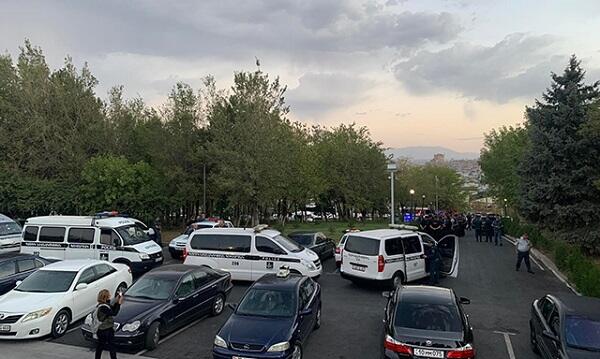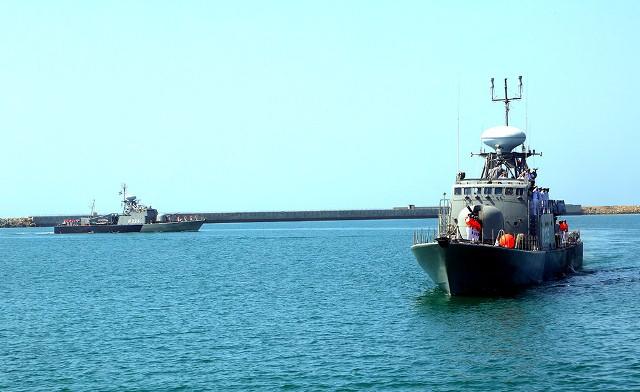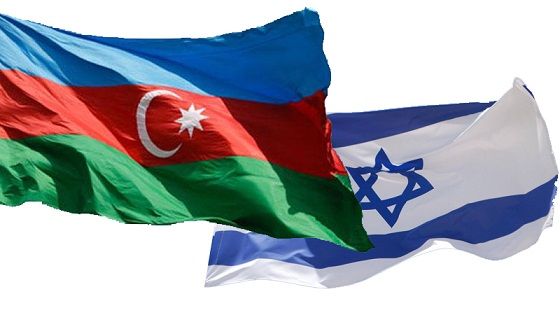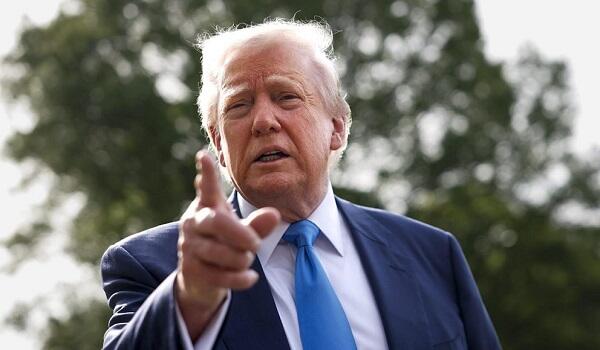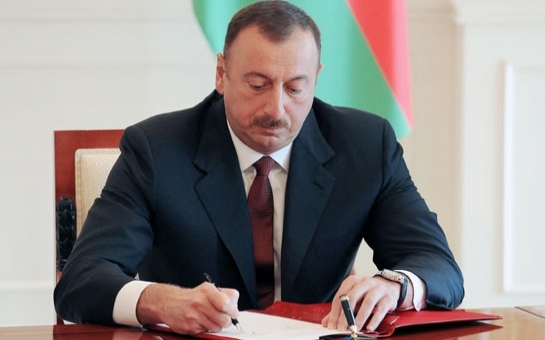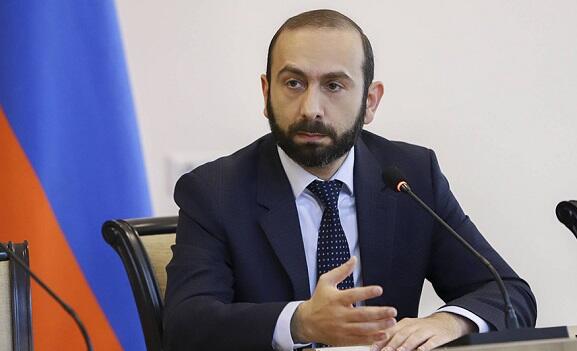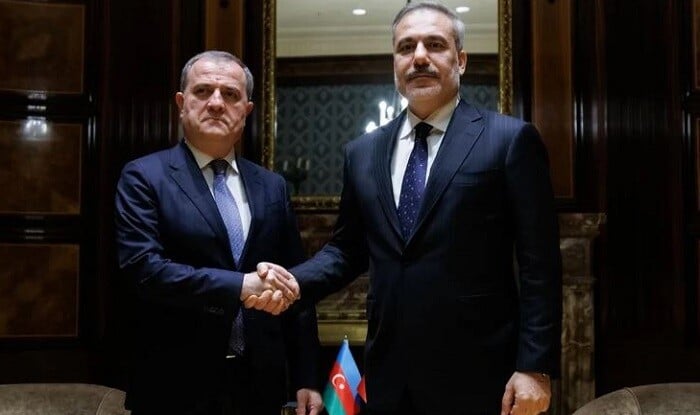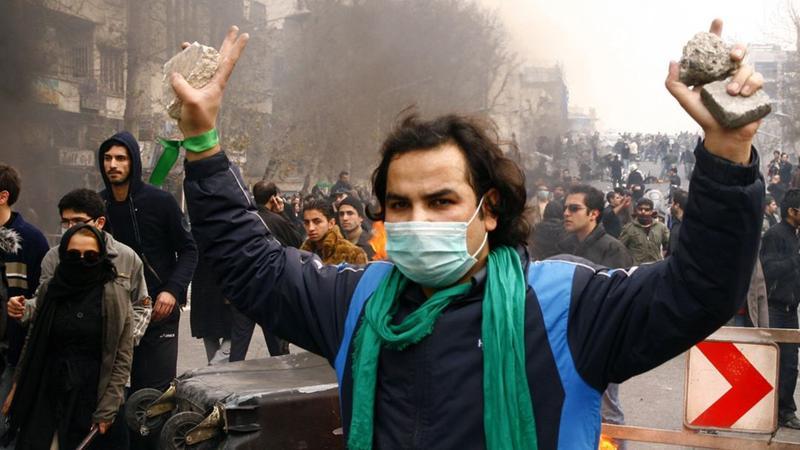One of the key successes of Israel's recent strike has been to distance Iran from its close allies, Russia and China. First, by making it clear to both countries that they neither should nor realistically could protect Iran in the event of a war. And just as importantly, by sending Iran the message that it will stand alone.
Axar.az reports that these words were stated by Alex Selski, a former advisor to Israeli Prime Minister Benjamin Netanyahu and a major in the Israel Defense Forces, in an article published in the "Jerusalem Post."
While it was expected that Russia and China, maintaining robust strategic and economic ties with Iran, would be unlikely to take substantial steps to defend Iran, recent events have made this reality evident to all. Israel should seize this opportunity to maximize Iran's isolation, which will weaken it significantly—economically, militarily, and politically.
Should the Islamic Republic's regime collapse, Russia and China would turn to alternative sources for the Iranian products they currently rely on, primarily energy and defense technology. China, for example, could source energy from emerging African suppliers, such as Mozambique, or even from Russia itself, which competes with Iran in the energy market and would be the first to benefit from a drop in Iranian exports. Russia, in turn, which relies on Iranian weapons for its war in Ukraine, has already started to fulfill some of its military needs through North Korea and Turkiye.
Both Russia and China are deeply integrated into the global economy and reliant on trade with Western countries, even Rusia, despite the sanctions. Any direct military intervention on behalf of Iran would bring severe economic consequences, including increased sanctions and disrupted trade relationships. For example, China is one of the largest trading partners of both the United States and the European Union, and entering a conflict that risks these economic ties would be a strategic gamble Beijing is unlikely to take.
Expert added that the Russian economy, already strained by ongoing sanctions and the economic toll of its prolonged involvement in Ukraine, would face further destabilization from entering a new conflict. The financial strain of war, coupled with potential new sanctions, would significantly impact Russia’s fragile economy.
China, facing its own economic challenges, is equally unlikely to engage in conflict over an energy supplier, regardless of its significance. Substitutes are available, and, unlike Russia, China has no interest in raising energy prices. Its primary goal is to prevent the conflict from spiraling out of control rather than fueling it.
Historical examples show a pattern of restraint by Russia and China regarding direct military intervention, even when vested interests are at stake. During NATO’s bombing of Yugoslavia in 1999, Russia, despite its strong historical ties and vocal opposition, refrained from military intervention. Similarly, in 2003, despite opposing the US-led invasion of Iraq at the United Nations, neither Russia nor China provided military support to Saddam Hussein's regime. In 2011, Russia abstained from a UN vote authorizing NATO intervention in Libya, which led to Muammar Gaddafi’s downfall.
These cases illustrate a consistent preference for diplomatic condemnation and limited support—such as arms supplies or economic aid—over direct military engagement with Western powers.
Russia will also have no interest in a direct conflict with Israel. Israel has demonstrated its ability to cooperate with Russia on multiple levels, including military coordination in Syria, as well as its neutral stance and limited support for Ukraine, despite US pressure.
Direct involvement in a conflict to defend Iran could also ignite instability within Russia and China. Both nations face significant domestic issues, including economic difficulties and political dissent, which could intensify in the face of a costly foreign war.
Israel also serves as a unique channel for dialogue between Russia and the West, especially the US, due to its close ties with Washington and pragmatic relationship with Moscow.
Moreover, Russia and China understand that Iran's terrorism-driven policies could one day target them, either for ideological reasons or as leverage to secure better trade deals. Their alliance with Iran is not based on natural or ideological alignment but on pragmatic, instrumental interests.
For Israel, this is an opportunity that must not be missed. Continued pressure and military action will further isolate Iran. Alliances will grow stronger in support of Israel's resilience. Iran must not be allowed to escape with its nuclear ambitions, regardless of the sitting US president's stance—whether friendly or less so. Israel has proven to itself and others that it can act independently, and as it continues this path, it will increasingly reap the rewards of its victory.




